Fennel /Foeniculum vulgare/ is a plant of the Foeniculum genus, which grows in southern Europe and southwest Asia. It is of the same family to which carrots and parsley belong. Fennel is known under the names wild dill, dill’s mind and apothecary.
Fennel is a highly aromatic perennial herb that is blue-green in color. It reaches a height of 2 meters and its leaves are up to 40 cm long. They are finely chopped and their final parts are fibrous and about 0.5 mm wide. Colors of fennel form in complex canopies on top, each individual section of the hood contains 20-50 small yellow flowers. The fruit of fennel is an oblong dry seed, 4-9 mm long.
Composition of fennel
Fennel has 6.5% essential oil, which contains pinene, atenol, phelandrene, camphene, fenhol, limoneom, methyl, aniseed acid. The composition of fennel has fats, starches, proteins, vitamin C, provitamin A, etc.
Collection and storage of fennel
The usable part of the fennel are its fruits. Reap a little before full ripeness – August to September. After collecting the plant should be allowed to ripen. Fruits are dried in the shade. Properly dried fennel fruits have a characteristic color, sweet aniseed taste and smell. It should be stored in a dry and ventilated area.
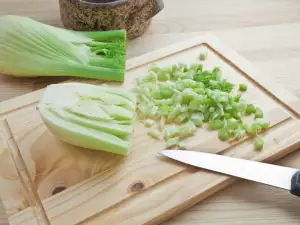
Fennel in cooking
In Central Europe, they not only use fennel as a spice, but also as a vegetable. Can be compared with celery, which is used in the same manner and at the same time is a very close relative of fennel. Fennel is highly respected among Spanish and Italian chefs. They use not only the aerial parts, but the rhizome.
Fennel has a very pleasant flavor similar to anise and a sweet taste, slightly reminiscent of anise. Used for soups and salads, sauces, mayonnaises, various fillings for fish and meat. Slices can be put in vitamin salad of beetroot, as well as some types of baking.
Particularly suitable to be placed in the broth for cooking crabs, fish or potatoes. It goes extremely well with sandwiches made of black bread. Fennel as a spice is placed at the end of the treatment. It combines perfectly with onions, parsley, garlic and dill.
Benefits of Fennel
It is believed that eating fennel prolongs life, increases strength and even chases evil spirits away. The beneficial effect of fennel is related to its composition of substances.
Essential oil of fennel perfectly cleanses the body and displays slag and toxins. It is especially useful for those who fall for alcohol and overeating. Fennel has a mild laxative effect. Favorably affects the digestive system, removes nausea, constipation and flatulence.
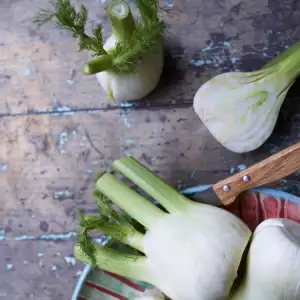
It is used to treat kidney stones, edema and cellulitis. Affects the hormonal system of women and is thus used in problems with menopause. During menopause, fennel oil is extremely effective, because it stimulates the production of your own estrogen. The oil has a very good hepatoprotective effect in toxic liver damage. Fennel helps to increase lactation. It is recommended for nursing mothers.
It is believed that the essential oil of fennel is a slight sexual stimulant. The oil can be used for baths and massages. It is used in cosmetics to soften skin. Under its influence, the skin becomes supple and fresh.
Along with all the benefits, fennel has good antifungal activity. Fennel oil helps lower blood pressure and improves the cardiovascular system.
Traditional medicine with fennel
In folk medicine, fennel is used when there sand in the kidneys and bladder when coughing, hoarseness, shortness of breath, etc. Externally, it is used in inflammation of the eyelids and eyes, as well as improving your vision.
1 tablespoon slightly crushed fruits of fennel is poured in 400 ml of boiling water and left to soak for about 2 hours. Drink one glass of wine, four times a day before meals.
Dangers of fennel
Essential oil of fennel is not recommended for pregnant women for children under 6 years of age and people suffering from epilepsy. Be careful, because in large doses, it acts as a narcotic.
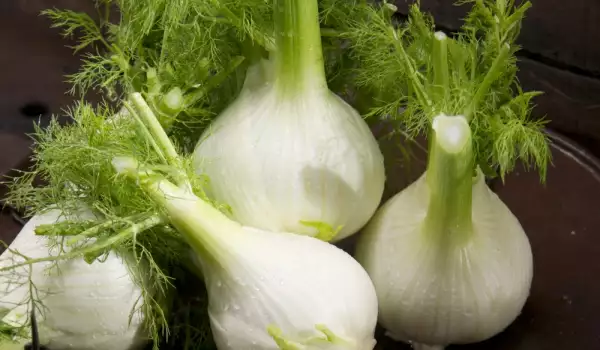
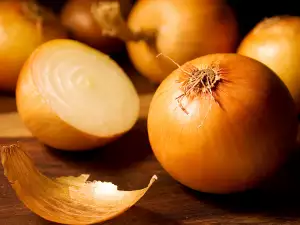

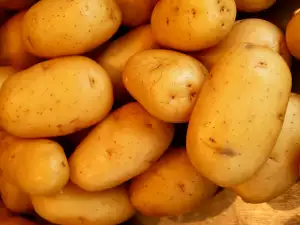
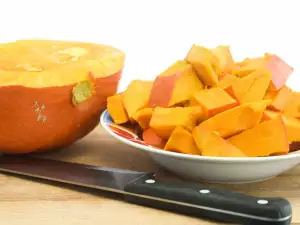

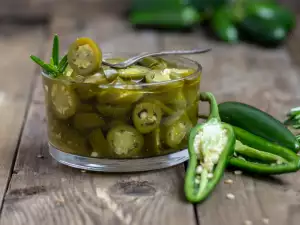

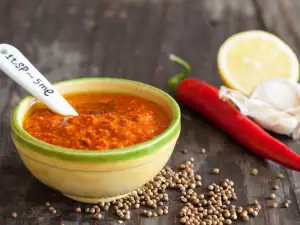
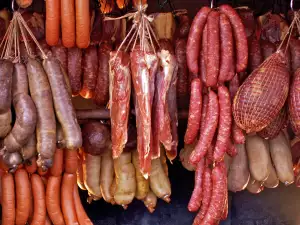


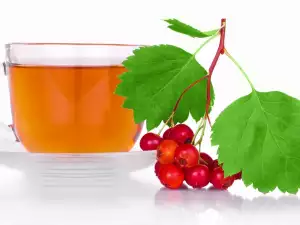
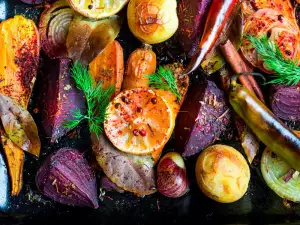
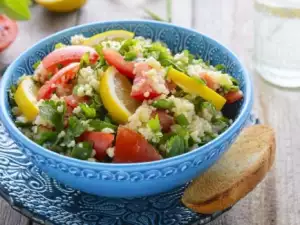




Comments